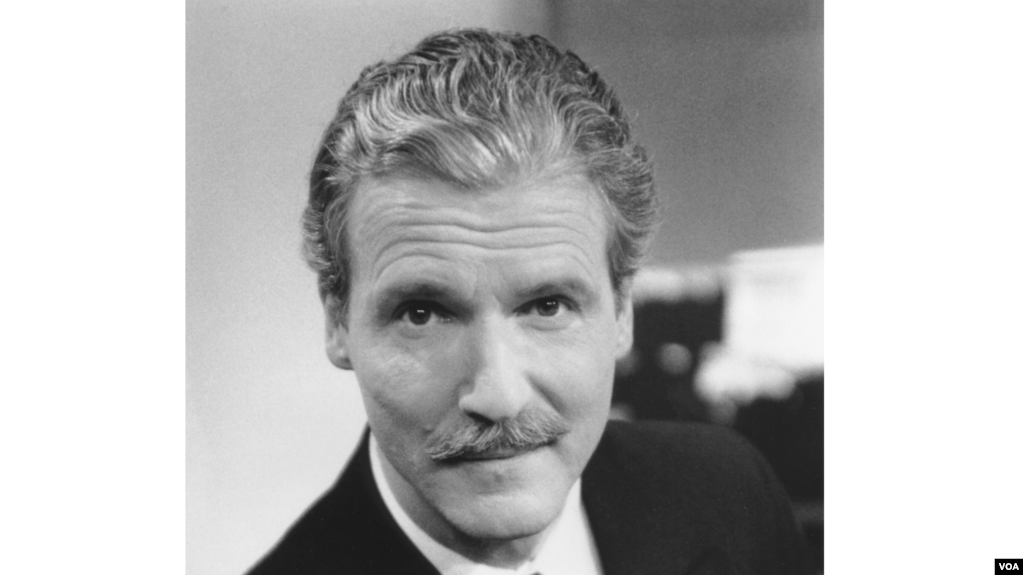BBG Watch Commentary

U.S. public diplomacy and U.S. international broadcasting were at one time liked through the United States Information Agency (USIA) during the period of Voice of America’s (VOA) greatest reach and greatest successes, especially after VOA Charter became law in 1976. VOA reached the height of its influence as U.S. international news outlet while still under USIA during the Reagan years. VOA’s decline began after the end of the Cold War, the abolishment of USIA, and the creation of the Broadcasting Board of Governors (BBG).
Robert Reilly, a former Voice of America director (2001-2002), has written a review of Martha Bayles’ comprehensive study of post-World War II U.S. public diplomacy and U.S. international broadcasting, “Through a Screen Darkly: Popular Culture, Public Diplomacy, and America’s Image Abroad” (Yale University Press, 2014). Reilly worked for USIA in the 1980s and as Special Assistant to Ronald Reagan. After his assignment at VOA, Reilly was Senior Advisor for Information Strategy in the Office of the Secretary of Defense from 2002 to 2006 and Senior Advisor to the Iraqi Information Ministry during Operation Iraqi Freedom in 2003.
Reilly is also the author of “The Closing of the Muslim Mind: How Intellectual Suicide Created the Modern Islamist Crisis” (ISI Books, 2010).
Reilly agrees with Bayles that U.S. public diplomacy has become misguided and largely ineffective after the end of the Cold War.
ROBERT REILLY: Bayles seems to think there was a conscious decision to let the entertainment industry take over “the job of communicating America’s policies, ideals, and culture to a distrustful world.” I don’t think so, at least not at first. It was more a matter of filling the vacuum created by those who, wrongly supposing history had ended with the other superpower’s collapse, cavalierly axed USIA.
In addition to commenting on U.S. public diplomacy themes in Martha Bayles’ book, Reilly also makes interesting observations in his book review about U.S. international broadcasting.
ROBERT REILLY: It was also at this time that the Broadcasting Board of Governors decided to eliminate VOA’s Arabic service and its substantive content, and replace it with Radio Sawa—a 24-hour mélange of American and Arabic pop music, with two short newsbreaks in the hour. What could possibly have guided this decision? Here is where Bayles’ impression that a conscious decision was made to replace public diplomacy with American popular culture is right on the mark. Not only the chairman of the BBG but, on a separate occasion, the director of its Middle East committee, informed me that “MTV brought down the Berlin Wall.” Quite apart from the absurdity of this assertion, they never explained what wall they were intending to bring down in the Middle East.
